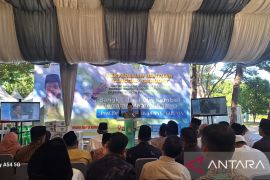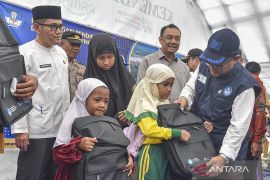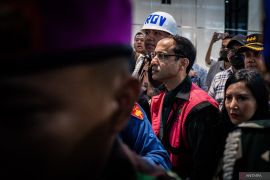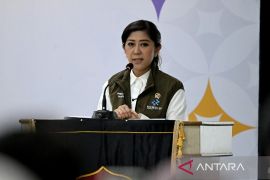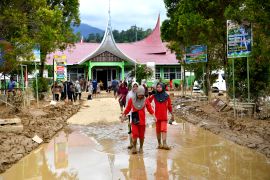He noted that the current approach of shared authority between the central and regional governments has not adequately addressed these problems, as not all regions have responded optimally.
"In my opinion, for now, the handling of education and health issues should be centralized because if not, we will continue to face these challenges," he said at the launch of the 2025–2045 Road Map for Indonesia's Education in Jakarta on Thursday.
He expressed optimism that centralizing education management would lead to a more equal distribution of graduates with consistent standards across the country.
Monoarfa added that centralizing the handling of education would also support the equal standardization of teachers and educational personnel, noting that teaching is still considered a secondary job in some regions.
In contrast, in other regions, teachers and educational personnel face workloads that exceed their capacity, along with significant administrative burdens, all in an effort to support their livelihoods, he added.
"Teachers need to refresh their knowledge and learn new methodologies. However, in several regions, teaching is still viewed as a secondary or lower-tier job, when in fact, being a teacher or educational professional is an incredible profession," he said.
He further suggested that once these aspects are addressed by the central government, the responsibility for handling other issues, such as the provision of educational facilities and infrastructure, could be delegated to regional governments.
Related news: Inclusive module devised for educational equity: Ministry
Related news: Indonesia introduces Dewantara's concept of educational transformation
Translator: Hana Dewi, Raka Adji
Editor: Anton Santoso
Copyright © ANTARA 2024

